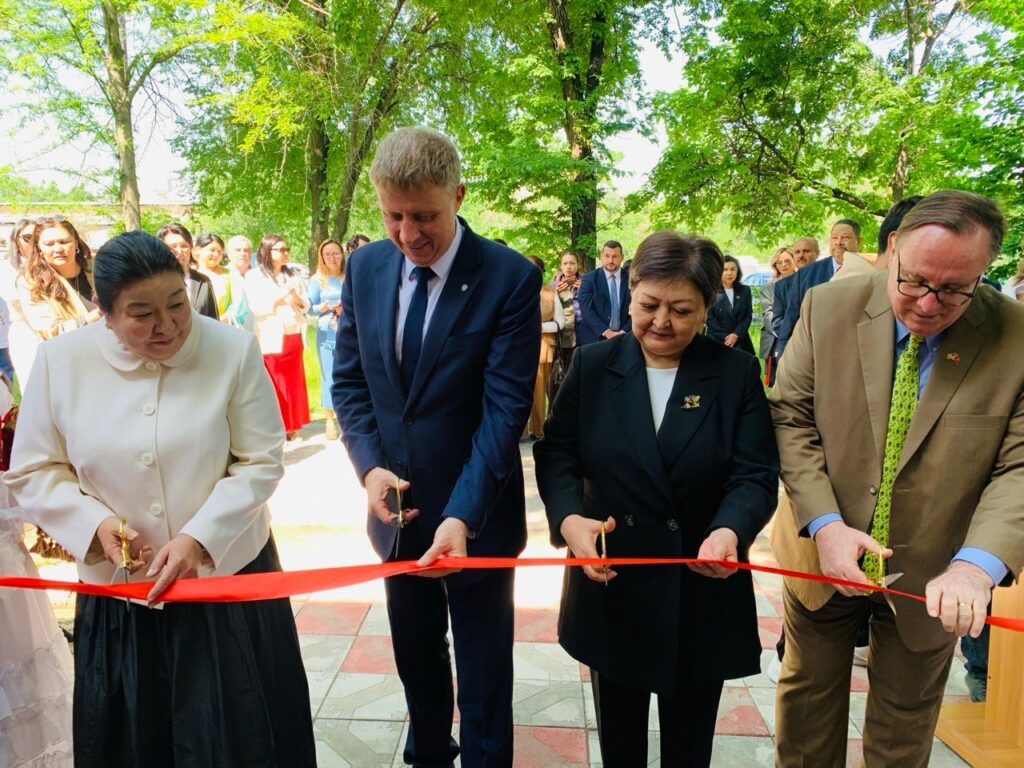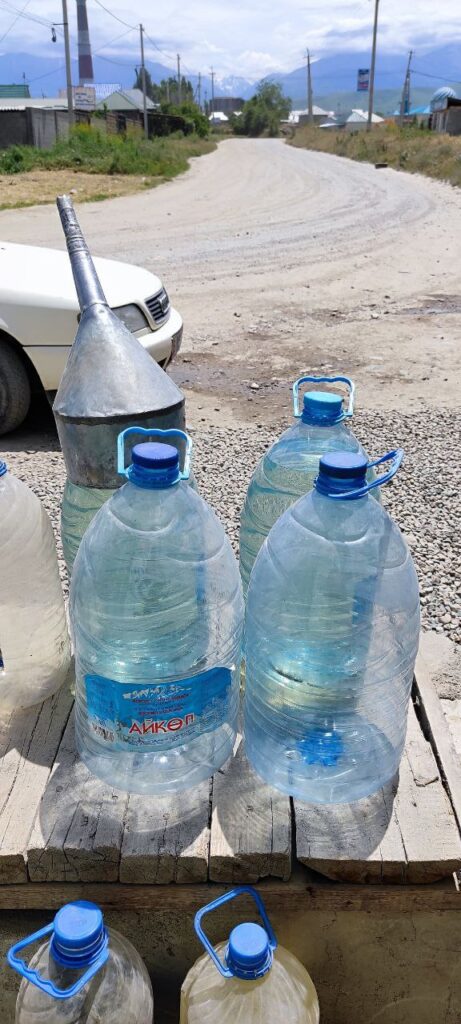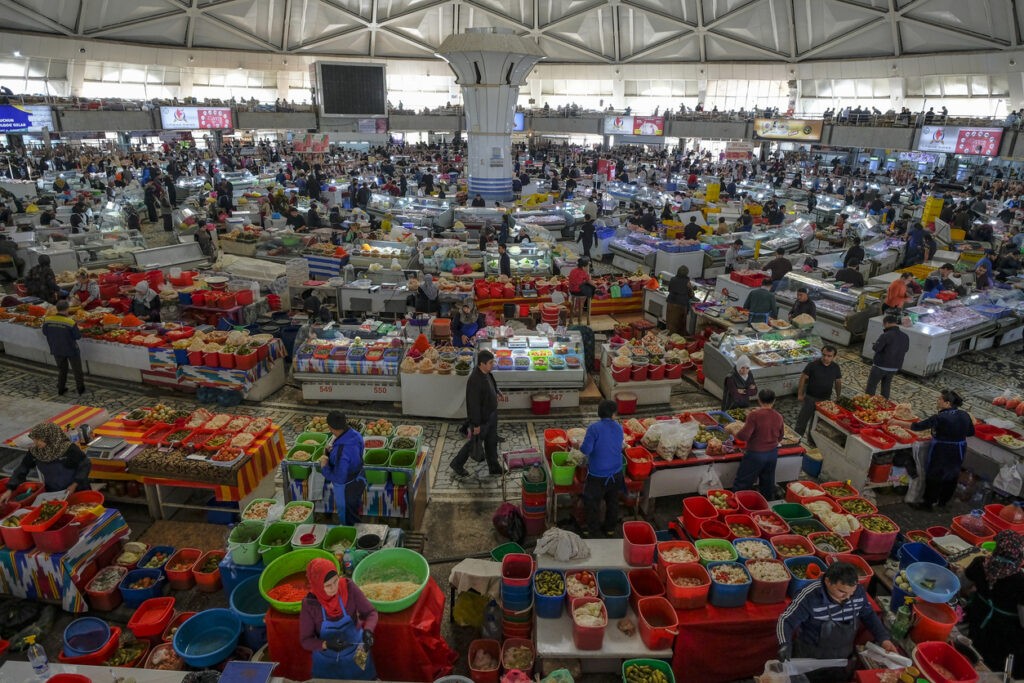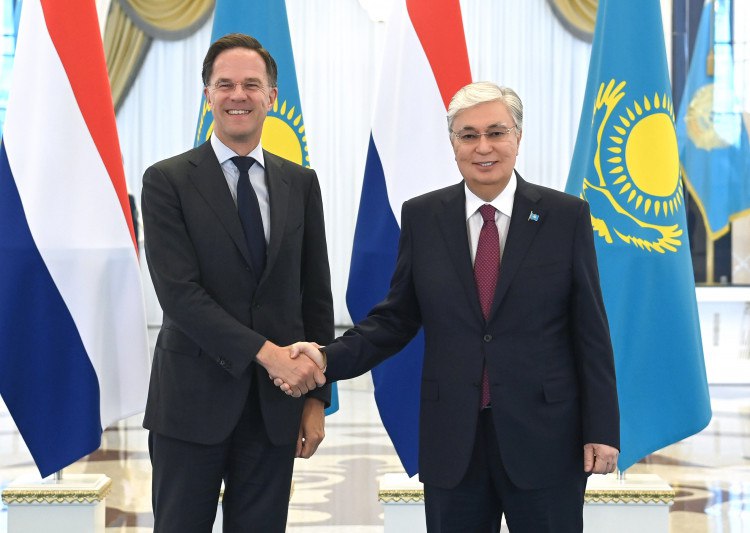Smuggled gasoline is being sold from plastic bottles on the outskirts of Bishkek. This fuel is cheaper than at official gas stations, but motorists say the quality is no worse.
Kyrgyzstan’s State Tax Service of Kyrgyzstan seized almost 100,000 liters of gasoline from illegal fuel and lubricant traders in the first four months of 2024 alone. The sellers were fined one million som ($11,500).
Fines are doing little to stop illegal gasoline sellers. One trader explained to
The Times of Central Asia that selling smuggled gasoline is very profitable, earning them about $40 a day. The fine is only $35, and since a violator must be caught to be punished, most go about their business unaffected. As of 2023, the official
average salary in Kyrgyzstan stood at $376 a month.
A liter of gasoline at such illegal points costs, on average, 10% less than at official gas stations: the trade is thriving and gaining momentum yearly.
The State Tax Service explained to The Times of Central Asia that their competence includes checking electronic invoices and the presence of cash registers or patents to pay taxes to the state. As a rule, illegal sellers have neither, so they are fined, and their products are confiscated. However, the tax authorities cannot completely stop the activities of traders. Two other government agencies can check fuel sellers: the traffic police and the ministry of natural resources. But Kyrgyzstan has a moratorium on business inspections, so officials’ hands are tied.
Illegal sellers sell both Russian and Kazakhstani gasoline. The supply chain is well organized — tanker truck owners take the fuel from the bases of official gas stations to special storage sites. Then gasoline is poured into plastic containers and sold on highways. The average capacity of a gasoline tanker is about 15 tons, and one tanker can transport up to 100 tons per day.
Despite the ban on exporting fuels and lubricants from Kazakhstan, gasoline and diesel from there are still smuggled into Kyrgyzstan. Points of sale for such fuel are concentrated along the border with Kazakhstan, on the northern outskirts of Bishkek. Kazakh gasoline is cheaper than Kyrgyz, which contributes to its popularity. Fuel from the neighboring country is delivered in hidden containers in ordinary cars and heavy trucks, and there are even secret underground gasoline pipelines in border communities.
The business of selling smuggled gasoline also thrives thanks to corruption. For example, last year, officers of the State Committee for National Security detained several employees of the State Tax Service, who, for a fee, made false transportation documents within the country and false consignment notes and seals.








